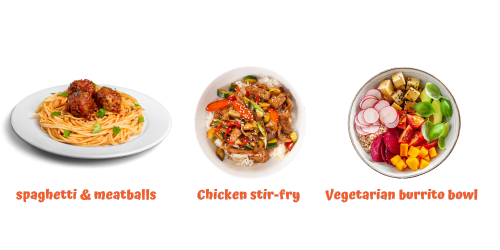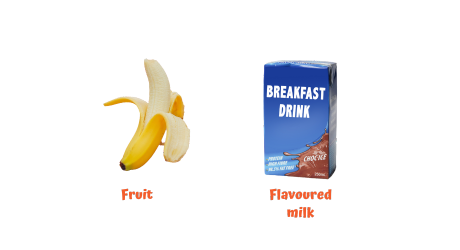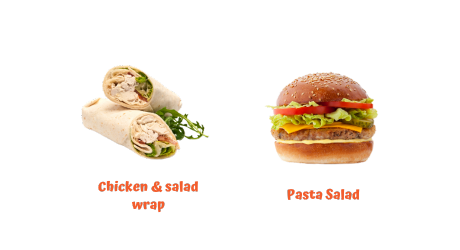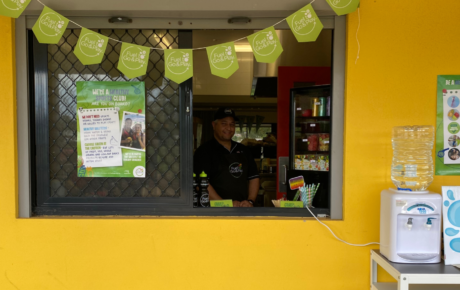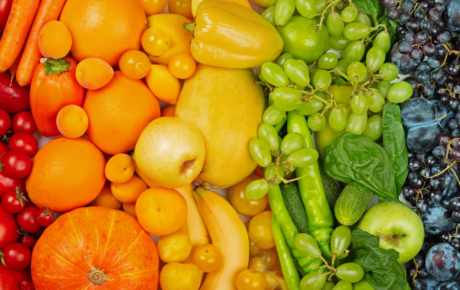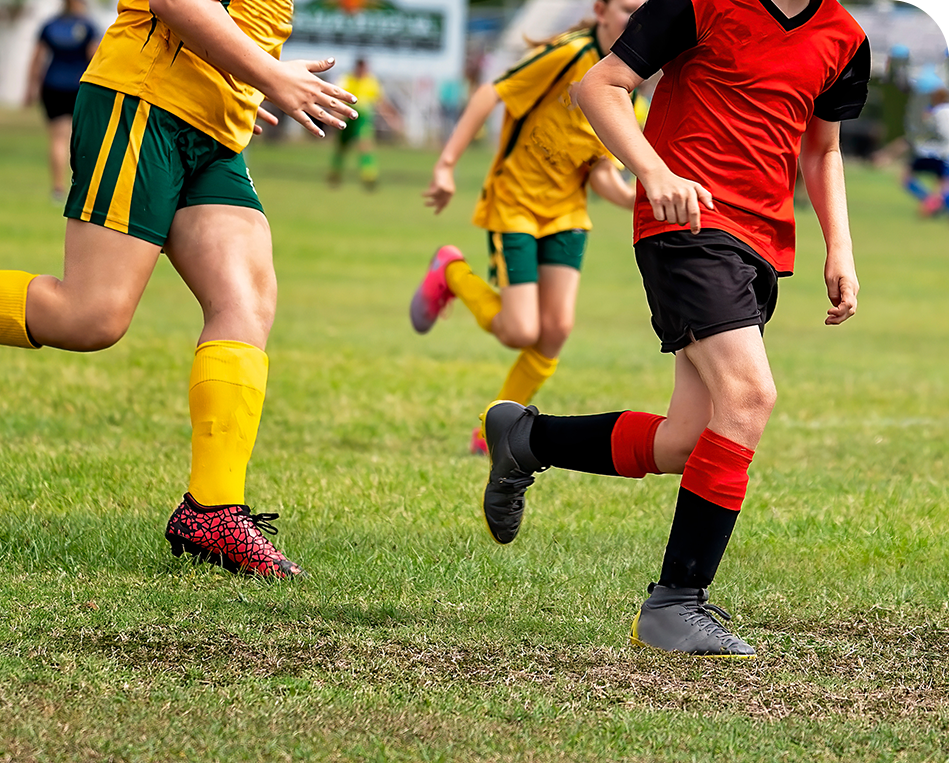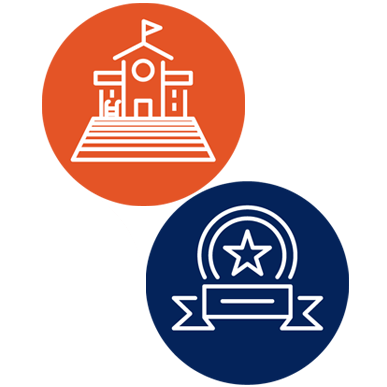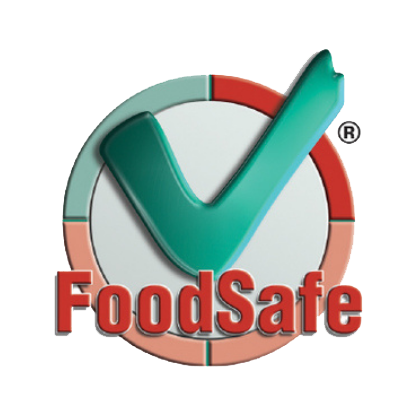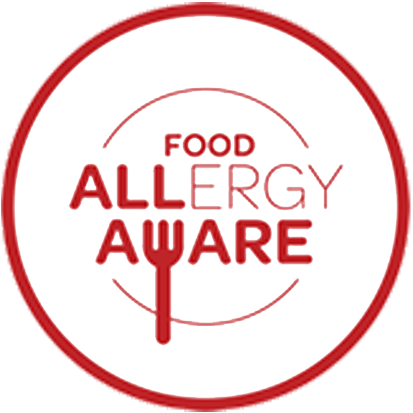
Sports Drinks – are they needed for active juniors to perform at their best?
Sports drinks and their role in active juniors’ sports performance is a popular topic for discussion at Fuel to Go & Play®.
So, are they needed for active juniors to perform at their best?
What is a sports drink?
Sports drinks contain water, carbohydrates, and electrolytes in varying quantities and are designed to assist professional athletes to rehydrate and refuel before, during and/or after intense exercise (Australian Institute of Sports n.d).
Our muscles require an energy top up around 60-90 minutes of prolonged and intense exercise which is, think a 10km run, marathons, or high-level professional sports like AFL. For professional athletes who are involved in endurance and/or high intensity exercise, sports drinks can be a convenient and useful supplement as a part of their sports nutrition strategy to ensure they perform at their best.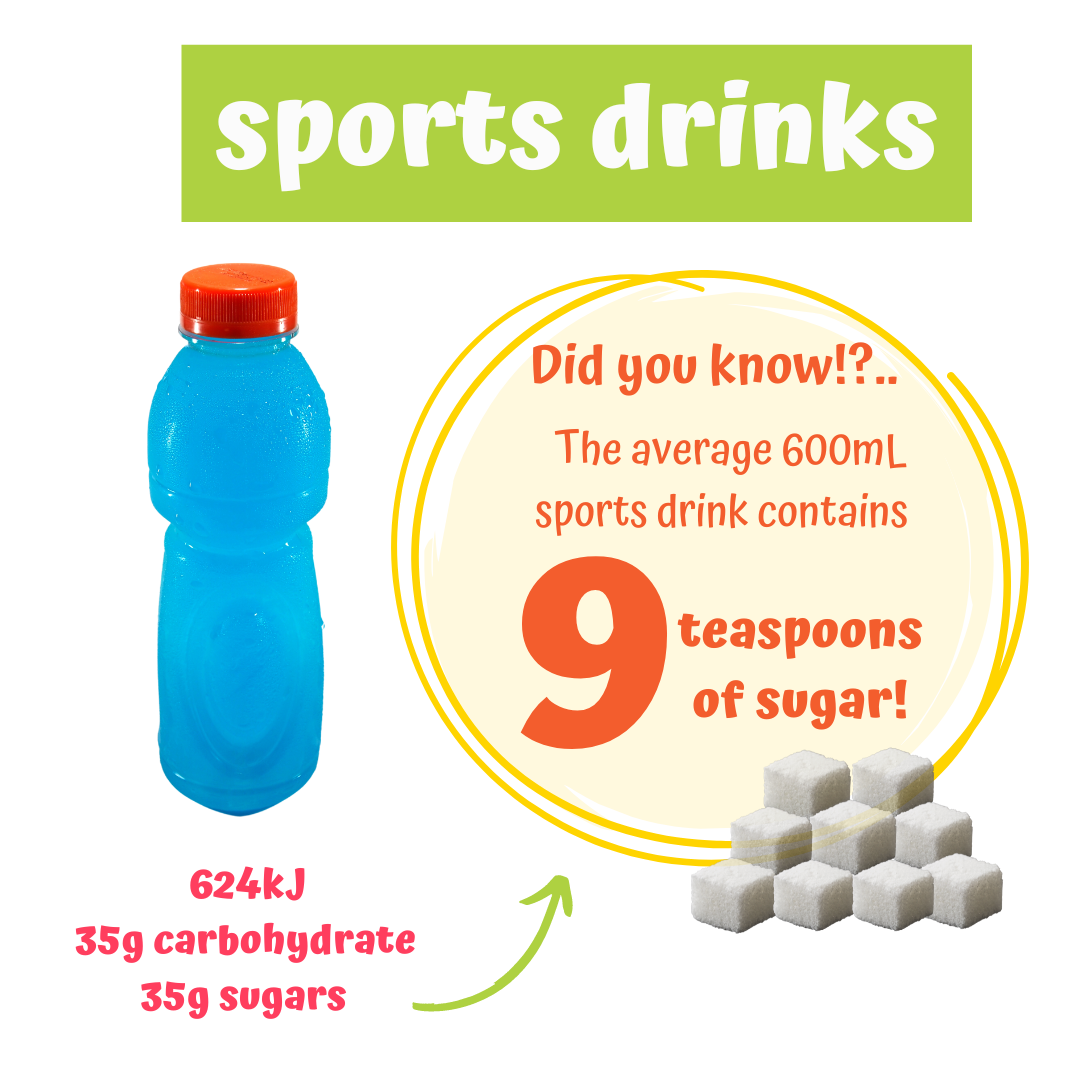
However, for active juniors’ games are often not long enough to warrant a sports drink to support their performance needs.
Sports drinks are high in sugar and not recommended for the general population, especially children. Did you know that the average 600mL sports drink contains 9 teaspoons of sugar. This means if a person drinks 1 x 600mL sports drink each week over a year, from sports drinks alone they will consume approximately 2.3kgs of sugar.
Active juniors who regularly consume sports drinks before, during and/or after sport will often consume more energy than is recommended for optimal growth and development. Additionally, consuming sports drinks isn’t great news for teeth either with the sugar in sports drinks contributing to dental enamel erosion.
Being hydrated and replacing fluid loss is important for active juniors to perform at their best. So what is the drink of choice for active juniors?
Sports Dietitian Australia recommends that water is the best choice. It can help to keep the body cool and replace fluid lost through sweat. Where high intensity periods of exercise are sustained or in hot humid environments Sports Dietitians Australia outlines that increasing sips of water with additional small snacks such as (yoghurt or fruit) can replace fluid and electrolyse loss as well as provide additional energy.
So how can active juniors achieve their hydration, fuelling and recovery needs without sports drinks?
- Fuel the body everyday with core foods from the Australian Guide to Healthy Eating
- Having a well-planned fuelling regime everyday which meets the energy and nutritional needs of active juniors to optimise their growth and development will help to achieve their sporting goals
- Keep the tank topped up and be prepared by packing extra snacks on training days
- Stay hydrate with water throughout the day
- Always have a water bottle on hand
- Starting games well hydrated will help to prevent early on set fatigue, quantities recommended for specific age groups are:
- 4yrs -8yrs: 5 cups/day
- 9yrs -13yrs: 5-6 cups/day
- 14yrs -18yrs: 6-8 cups/day.
Be prepped and primed for game day by having your game day nutrition planned and ready to go:
- Night before: build your energy stores the night before. Eat a meal rich in carbohydrates with vegetables and lean protein. For example,
- Spaghetti and meatballs
- Homemade burgers and oven baked chips
- Homemade pizzas.
- 3-4 hours: continue to build your energy stores 3-4 hours prior to your game. Have a meal with carbohydrates and protein to keep you full before the game. For example,
- Porridge with fruit
- Eggs on toast
- Smoothies.
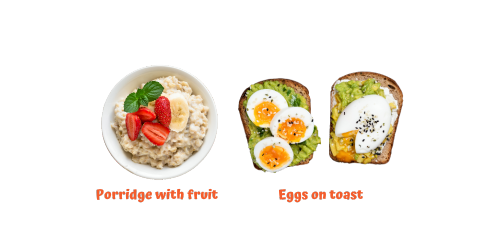
- 1-2 hours: top up the tank 1-2 hours prior to game time. For example,
- Fruit i.e bananas
- Yoghurt
- Small, flavoured milk.
- Recovery: Choose meals and snacks which aim to meet as many of the 4 R’s of recovery.
-
- Rebuild/repair with protein
- Refuel with carbohydrates
- Revitalise with fruit and/or vegetables
- Rehydrate with water.
Good examples or recovery meals include, Chicken and salad wraps, small, flavoured chocolate milk, pasta salads.
For more examples on how to build your sporting nutrition regime download our Active Juniors booklet.

